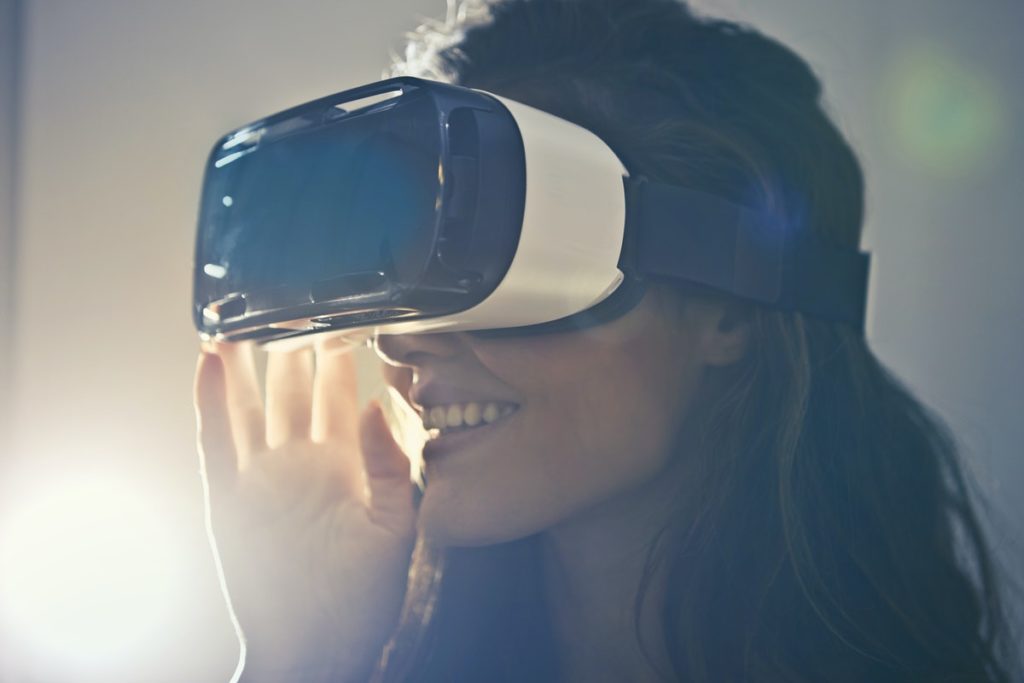The journey of virtual reality technology has many ups and downs. The technology seems to be struggling to gain traction among tech enthusiasts and regular consumers alike.
Currently, VR is heavily associated with video games. Many VR headsets are marketed towards gamers. Some even come with matching game controllers. It’s easy to understand why this technology is pushed to the gaming community. It provides an immersive experience that many gamers enjoy.
But VR has many potential real-world uses outside of gaming. And if more people knew about it, they’ll likely be more attracted to the technology and understand how valuable it can be. Here are some areas where VR is very beneficial:
Tourism
The pandemic has put a stop to leisure traveling. And it seems that this will go on for much longer. One way to experience traveling without actually going outside is through VR. There are VR apps where you can see tourist destinations in 360 degrees. Even services like hotels and airlines provide tours of their facilities using VR. Many of them even hire video production companies. And they produce movie-quality videos that will attract tourists and encourage them to book these hotels and airlines for future travels.
The ability to access places through VR is beneficial. For example, if you plan an overseas trip for when the pandemic is over, you can have a quick visit to your desired destinations to decide on your itinerary.
Healthcare
VR has a wide variety of uses in the field of healthcare.
This technology can be used in training programs. Students can use VR to learn about the anatomy of a human in more detail. The visual stimuli will help students improve retention of information. VR can also be used to train medical practitioners in surgery. The technology will serve as a simulator where students can learn how to execute procedures. This same simulator can also help surgeons rehearse and recall their knowledge of different procedures. One meta-analysis study found that people who learned through VR demonstrated improved learning and accuracy in medical practice.
VR can also be used to help patients relax. For instance, patients who need to stay awake during a survey are given VR headsets where they can explore beaches, forests, and other natural environments. One study found that 80% of patients who wore headsets during their surgeries reported less pain, while 73% were less anxious.
Mental Health

VR is also used in the field of mental health. The most common professional use of this technology is in exposure therapy. For instance, VR can be used to help veterans overcome their PTSD. Through a VR headset, a veteran will be exposed to the source of their disorder, such as a battlefield. The therapist will accompany them in the room and provide relaxation techniques to help the veteran adapt to the stress brought by that location. This technology can also help in phobia treatment, such as fear of flights and fear of flying.
Meanwhile, as a layman, you can still use VR to help you with improving your mental well-being. For example, you can use a VR headset to “visit” a place that can help you relax, such as the woods, the beach, or other environments. You can also spend your time in that virtual space with a short meditation. Doing this can help you calm down if you’re feeling anxious or on edge.
Education
The use of technology in education is not new. VR, in particular, is not yet widely used in the field of education. But it has many practical uses that will help both educators and students. For example, VR can complement science lessons. Say, for example, that the lesson for the day is the solar system. While teachers provide a narration, students can watch a video giving a tour of the solar system so that they can see what each planet looks like and how far away they are from each other.
One common issue in classrooms is engagement. Sometimes, even if students are physically present in class, they are distracted and are not listening to the lesson. VR can help with this problem. It makes learning more engaging, so students will be more excited to participate in class.
VR has not taken off quite yet. It may have missed the mark in its earlier years, but there’s still time to develop and improve it. And in the coming years, it will be exciting to see how VR will take over several industries and make people’s lives better.



